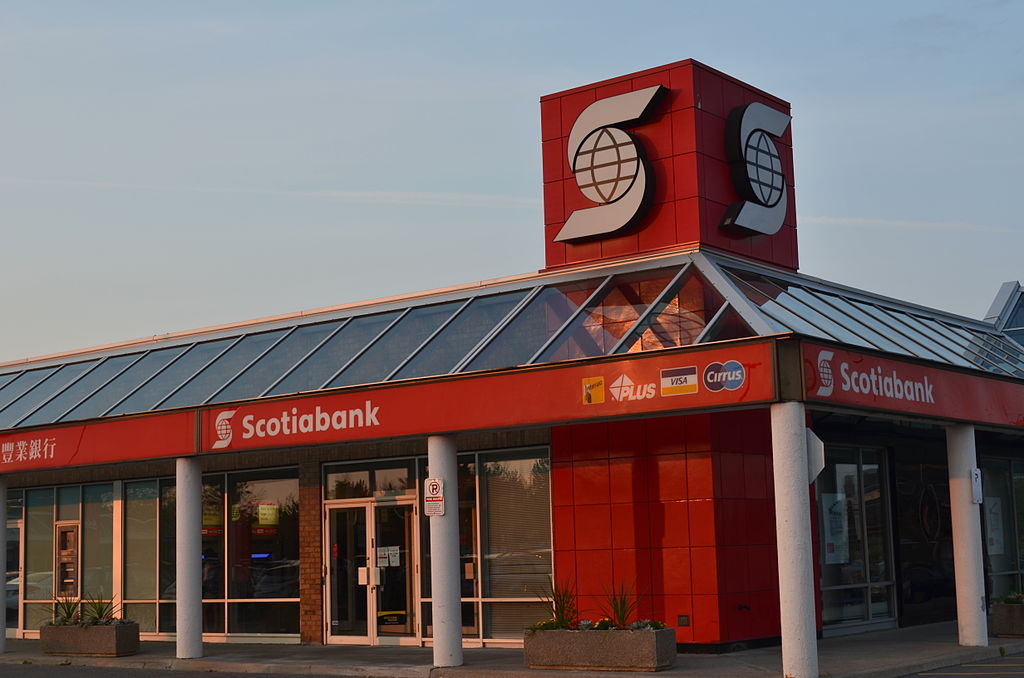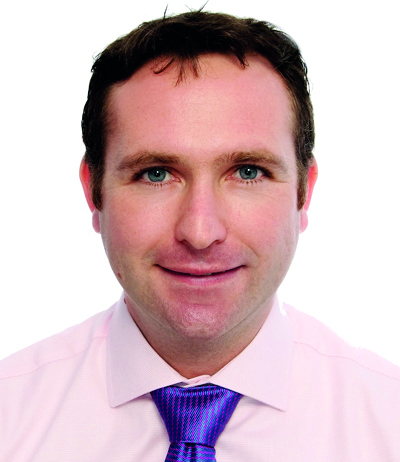Brazilian Fund Regulator Eases International Investment Rules, Setting Stage for Wave of Cross-Border Offerings
| By Alicia Miguel | 0 Comentarios
Brazil’s Comissão de Valores Mobiliários (CVM) has published new regulations that will make international investing by local investors much more accessible to individual investors.
The two instructions – which broaden international investment limits by local funds, reset the criteria for qualified investors and also create the figure of the professional investor – are seen by the global asset management community as game-changers in their approach to Brazil, since important segment of the onshore market will become addressable – at least after July 1, 2015, when the rules take effect.
1. Via Instruction 539/13, the CVM now allows for natural and legal persons to be considered “professional investors” when they possess financial investments greater than BRL 10 million (USD 3.75 million), while “qualified investors” must possess financial investments in excess of BRL 1 million (USD 375,000). Importantly, the instruction also wipes out onerous rules requiring qualified investors to make a high minimum investment – for example BRL 1 million in a single fund – a non-starter for the wealthy in Brazil.
2. Via Instruction 555/14, which replaces Instruction 409/04 as the regulatory framework governing the creation, administration, operation and information-disclosure of mutual funds, the CVM has extended the limits for overseas investment:
– Equity and fixed-income funds for retail investors: the limit has doubled to 20%;
– Multimarket funds (hedge funds): the limit is kept the same at 20%;
– Funds exclusively designed for qualified investors: the upper limit is set at 40% but can reach 100% if certain rules are observed.
– Funds exclusively designed for professional investors: there is no limit.
The CVM said that investments made in funds under the previous framework need not be redeemed, but the sponsors of the funds observe the new framework when soliciting new investment.
Latin Asset Management anticipates that the rule changes will provoke many global fund managers to establish a local presence in Brazil, and encourage many others to establish distribution relationships with local players. The vehicle of choice appears to be funds of funds, so that it’s likely that many cross-border managers will launch proprietary products allocating to funds investing globally, while others will avoid setting up a local manager and simply seek allocations from onshore Brazilian fund firms.






